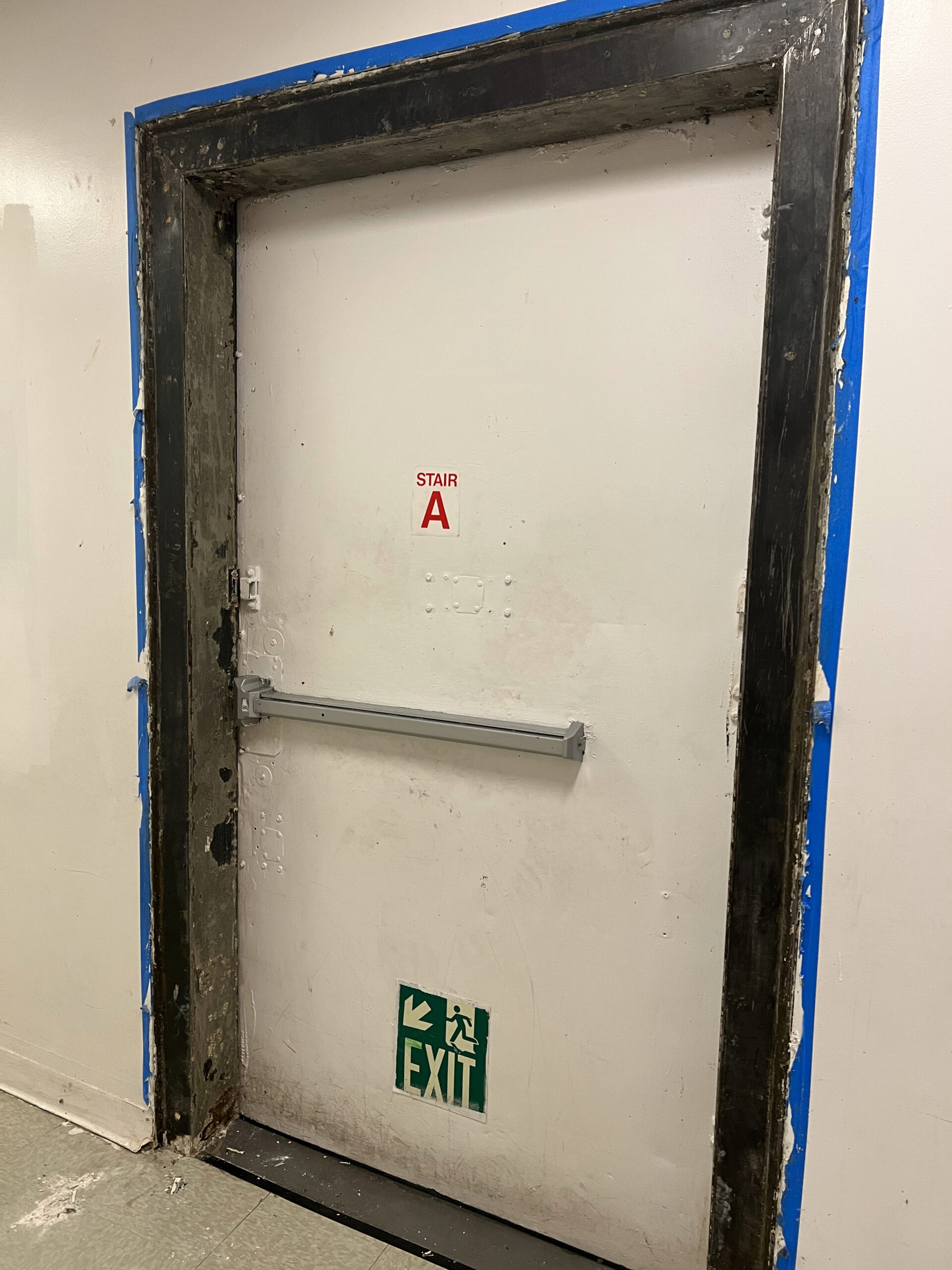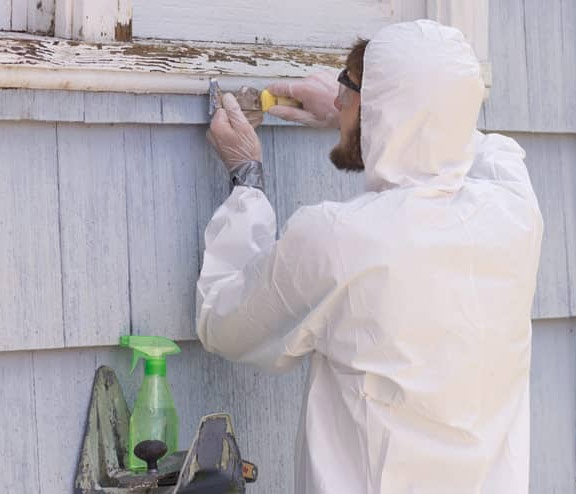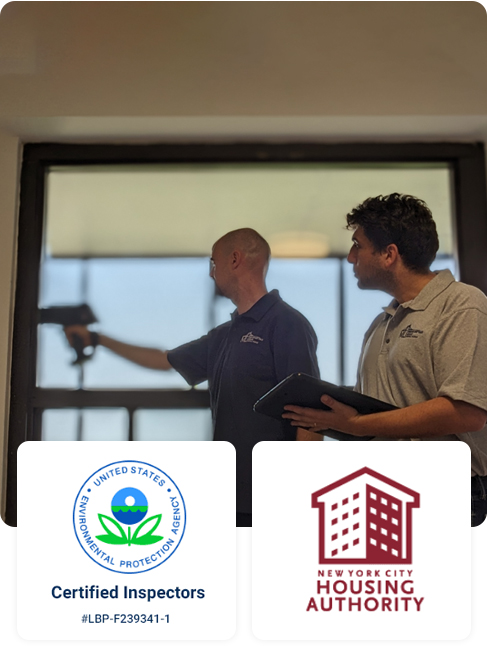Lead Removal Contractors-- Experienced Professionals for Lead Reduction
Lead Removal Contractors-- Experienced Professionals for Lead Reduction
Blog Article
Comprehensive Guide on Effective Lead Offense Elimination Methods
In the world of environmental safety, resolving lead offenses requires a meticulous and organized technique. This thorough guide starts by highlighting the important first steps of identifying lead dangers via innovative evaluation and testing methods. The guide elaborates on the value of sticking to strict safety protocols throughout the elimination process, including the usage of proper PPE and separating influenced locations.
Determining Lead Risks
Identifying lead dangers is a critical very first step in minimizing the dangers connected with lead exposure. Lead, a toxic steel, can be existing in numerous ecological tools, consisting of paint, dirt, water, and dust. It poses extreme health risks, especially to children and expecting women, bring about neurological damage and developing delays. Consequently, accurate identification of prospective lead resources is crucial for effective removal.
The first stage in recognizing lead risks involves understanding usual lead sources within the constructed atmosphere. Frameworks built before 1978 are particularly susceptible because of the prevalent use of lead-based paint during that period. Furthermore, dirt contamination can take place from wearing away outside paint, industrial emissions, or historic usage of leaded gas.
An additional substantial resource is lead piping and plumbing fixtures, which can seep lead into alcohol consumption water. Consumer goods such as playthings, ceramics, and imported products might additionally consist of unsafe lead levels. Significantly, job-related atmospheres and hobbies entailing lead can track impurities into homes.
Analysis and Testing
When resolving lead hazards, efficient analysis and screening are critical. Preliminary evaluation generally involves a visual assessment to determine potential lead sources, such as degrading paint or contaminated dirt.

Dirt clean sampling is another essential method, particularly in residential settings. By collecting samples from floors, windowsills, and various other surface areas, this approach provides understandings into possible exposure dangers. Furthermore, soil screening around structure perimeters is important to discover lead contamination that can posture risks, particularly to youngsters.
Safe Removal Treatments
Upon finishing complete analysis and screening, carrying out secure removal treatments is the following essential stage in addressing lead risks. This procedure guarantees that lead-contaminated materials are properly and securely eradicated, decreasing danger to both workers and citizens. The very first step includes isolating the affected location making use of plastic bed linen and appropriate sealing techniques to protect against the spread of lead dirt.
Workers must put on suitable individual protective equipment (PPE), including respirators, handwear covers, and non reusable coveralls, to mitigate direct exposure. Utilizing specialized devices and wet techniques, such as damp fining sand or using HEPA-filtered vacuum cleaners, minimizes my website the dispersion of lead particles. It is crucial to prevent completely dry fining sand or abrasive blasting, as these approaches can produce unsafe lead dirt.
Garbage disposal is one more essential element; all polluted products need to be safely landed and identified according to EPA and regional regulations. Furthermore, thorough cleansing of the job area with HEPA vacuums and wet cleaning guarantees the removal of residual lead fragments.
Post-Removal Confirmation

Confirmation of successful lead removal, understood as post-removal verification, is crucial to ensure the security and habitability of the remediated area. This evaluation guarantees that all well-known resources of lead have been resolved and that no noticeable indicators of contamination continue to be.
Complying with the visual examination, ecological sampling is carried out. This entails gathering dirt, soil, and occasionally water samples from the remediated location. Recognized laboratories assess these samples to gauge lead levels, guaranteeing they fall listed below the safety limits developed by regulative bodies such as the Epa (EPA)
In enhancement, air top quality testing may be performed to find airborne lead bits, specifically in situations where comprehensive lead-based paint removal or restoration has happened. The outcomes of these examinations provide quantitative data confirming that the lead degrees are within acceptable limits.
Ultimately, post-removal confirmation acts as a vital checkpoint, confirming the effectiveness of the lead reduction initiatives and guarding why not look here the wellness of owners and site visitors.
Precautionary Actions and Upkeep

An essential precautionary action includes making use of site web lead-safe accredited professionals for any renovation, fixing, or paint activities. These professionals are educated in methods that lessen lead dust and particles. Furthermore, keeping colored surfaces to prevent cracking or peeling is essential, as weakening paint can launch lead fragments into the atmosphere.
Educational initiatives targeting residential property owners and renters concerning the threats of lead and the value of reporting any type of potential threats can even more boost preventative efforts. Regular cleaning utilizing HEPA vacuums and damp mopping methods can significantly minimize lead dust accumulation.
Final Thought
In summary, efficient lead infraction elimination necessitates a thorough strategy incorporating detailed evaluation, exact screening, and rigorous elimination treatments. Recurring assessments and upkeep are vital to mitigate future lead hazards, thereby protecting public health and wellness and making sure sustained compliance with regulatory demands.
Report this page